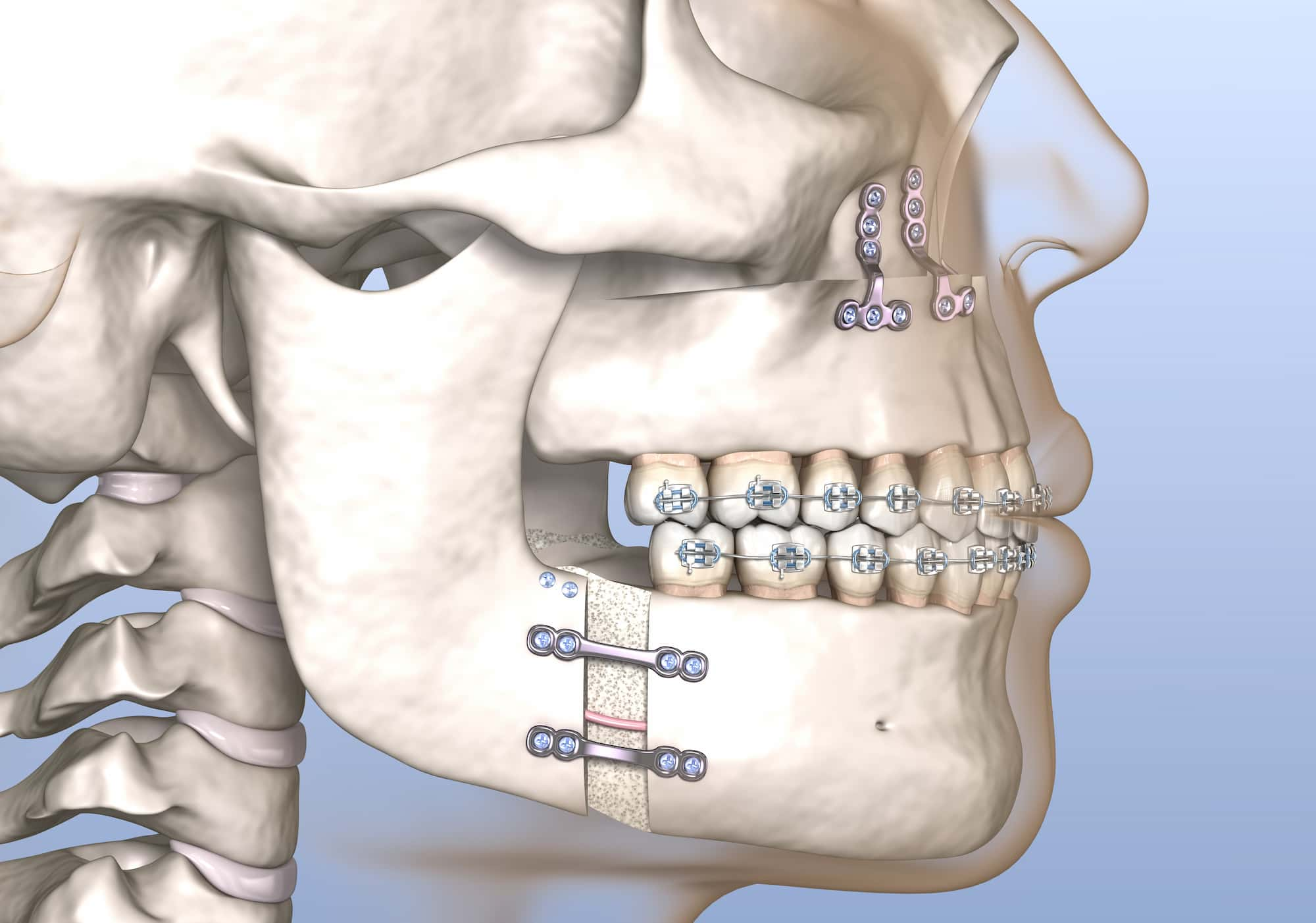
Getting Sleep Apnea Surgery
There has been a documented rise in the number of adults who are looking into having surgery to treat their sleep apnea. Uvulopalatopharyngoplasty is the type of surgery that is performed the most frequently for this condition (UPPP). During the procedure, tissue is removed from the throat to enlarge the airway and reduce the likelihood of the airway collapsing. During the procedure, the tonsils, adenoids, and soft upper palate are often removed in their entirety or part. In addition, lasers may be utilized to harden the tissues that are still there in the body so that they pose less of a threat to the patient’s ability to breathe normally.
The most common operation for the soft palate is called uvulopalatopharyngoplasty, or UPPP for short. It requires the removal of the tonsils (if they have not been removed earlier) as well as the uvula (the tissue that hangs down at the back of the throat) and a portion of the soft palate (the back of the roof of the mouth). After this step, the cut edges of the tissue in the mouth and throat are brought together and stitched. The good news is that, in research trials of high quality, UPPP has been found to reduce mortality and enhance cardiovascular health in people who have severe sleep apnea.
In addition, the majority of otolaryngologists, who specialize in head and neck surgery, have been educated to execute the procedure. Hence, UPPP is in a position to be of significant assistance to individuals who suffer from obstructive sleep apnea. Because almost all patients who have surgery are unable to handle initial non-surgical therapy, this fact must be brought to light. As a result, the benefits of surgery need to be weighed against the alternatives, which most of the time entail receiving no treatment at all.
Before Getting UPPP Surgery
Sleep apnea is a sleep disorder that affects millions of people worldwide. It occurs when the airway becomes blocked during sleep, leading to a temporary cessation of breathing. Sleep apnea can cause a variety of symptoms, including loud snoring, daytime sleepiness, and difficulty concentrating. In some cases, sleep apnea can be treated with surgery. However, before considering sleep apnea surgery, there are some important factors that you should take into account.
Severity of Sleep Apnea
The severity of your sleep apnea will determine whether surgery is an appropriate option. Mild to moderate sleep apnea can often be treated with lifestyle changes, such as losing weight, avoiding alcohol and sedatives, and sleeping on your side. However, if you have severe sleep apnea, surgery may be necessary to alleviate your symptoms.

Type of Surgery
Several different types of surgery can be used to treat sleep apnea. The most common procedure is called uvulopalatopharyngoplasty (UPPP), which involves removing excess tissue from the throat to widen the airway. Other types of surgery include maxillomandibular advancement (MMA), in which the upper and lower jaws are moved forward to open up the airway, and hypoglossal nerve stimulation (HNS), in which a device is implanted to stimulate the muscles that control the tongue.
It is important to discuss the different types of surgery with your doctor to determine which procedure is best suited for your individual needs. As with any surgery, there are potential risks and complications associated with sleep apnea surgery. These may include bleeding, infection, pain, and difficulty swallowing. In rare cases, surgery may not be successful in treating sleep apnea or may even worsen symptoms. It is important to discuss these potential risks and complications with your doctor before deciding to undergo sleep apnea surgery.
Recovery Time
Recovery time following sleep apnea surgery will depend on the type of surgery performed. For example, recovery time following UPPP is typically around two weeks, while recovery time following MMA may be several weeks or even months.
It is important to discuss the expected recovery time with your doctor, as well as any restrictions on activity or diet during the recovery period.
Long-Term Effectiveness
While sleep apnea surgery may be effective in treating sleep apnea in the short term, it is important to consider the long-term effectiveness of the procedure. Some patients may experience a recurrence of sleep apnea symptoms over time, requiring additional treatment or surgery. It is important to discuss the long-term effects of sleep apnea surgery with your doctor, as well as any potential need for ongoing treatment or follow-up care.
Benefits of UPPP Surgery
A frequent type of surgical technique that is used to treat sleep apnea is called uvulopalatopharyngoplasty, which is also abbreviated as UPPP surgery. During the procedure, extra tissue is removed from the throat to enlarge the airway. This results in improved breathing when the patient is asleep.
The UPPP operation has several positive side effects, including a reduction in snoring, an improvement in the quality of sleep, and an increase in daytime alertness. In addition, having UPPP surgery can lead to a reduced chance of major health problems that are related with sleep apnea. Some examples of these complications include high blood pressure, heart disease, and stroke. Those who suffer from sleep apnea have the potential to see a considerable improvement in their quality of life after undergoing UPPP surgery, making this a vital therapy option to consider.
The Study of Before Getting Sleep Apnea Surgery
In a recent study published in the Journal of Sleep Medicine, researchers conducted a randomized controlled trial to evaluate the effectiveness of uvulopalatopharyngoplasty (UPPP) surgery in treating moderate to severe sleep apnea. The study involved a large cohort of participants with varying degrees of sleep apnea severity. They were randomly assigned to either undergo UPPP surgery or receive non-surgical treatments. The results showed that UPPP surgery led to a significant reduction in the severity of sleep apnea symptoms, including improved sleep quality, reduced snoring, and increased daytime alertness. Additionally, the study found that UPPP surgery was associated with a lower risk of major health issues related to sleep apnea, such as high blood pressure, heart disease, and stroke. The research concluded that UPPP surgery is a valuable and effective therapeutic option for individuals with moderate to severe sleep apnea, potentially improving their overall quality of life and reducing the risk of serious health complications.
Healthy Türkiye Notes
Those who suffer from moderate to severe forms of sleep apnea may find that undergoing surgery to treat their problem is a beneficial therapeutic choice. You should give careful consideration to the severity of your sleep apnea, the type of surgery, the potential risks and problems, the recuperation period, and the long-term success of the treatment before deciding to go through with the operation.
This decision should be made before you decide to go through with the operation. If you and your doctor take the time to discuss the critical considerations involved in the surgery for sleep apnea, you will be in a better position to determine whether or not it is the most prudent course of action for you to have the treatment.




